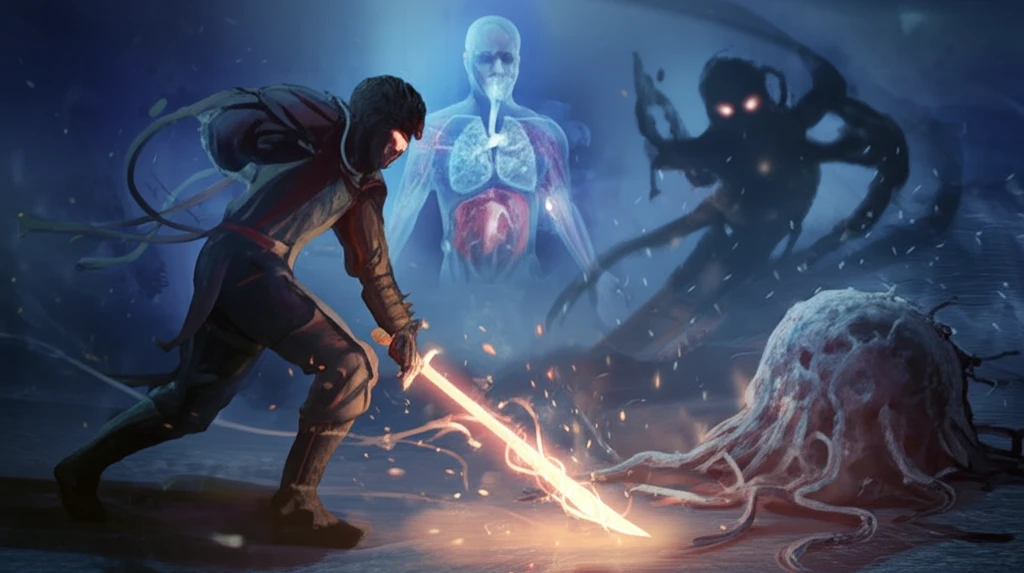
Nivolumab and Myasthenia Gravis: What You Need to Know About This Cancer Treatment's Unexpected Side Effect
"A comprehensive look at nivolumab-induced myasthenia gravis, its symptoms, and what patients and caregivers should watch out for."
Nivolumab is an immunotherapy drug that has revolutionized the treatment of several aggressive cancers. By blocking the programmed cell death-1 (PD-1) receptor, it unleashes the immune system to fight cancer cells. While this approach has shown remarkable success, it also carries the risk of triggering immune-related adverse effects, one of which is myasthenia gravis (MG).
Myasthenia gravis is a chronic autoimmune neuromuscular disease that causes weakness in the skeletal muscles, which are responsible for breathing and moving parts of the body. It occurs when the body's immune system mistakenly attacks the connections between nerves and muscles. Symptoms can vary widely, but often include drooping eyelids, double vision, difficulty swallowing, and fatigue. In severe cases, MG can lead to respiratory failure.
This article will explore a case of nivolumab-induced myasthenia gravis, shedding light on the importance of recognizing this potential side effect. We'll delve into the symptoms, diagnosis, and management of MG in the context of cancer immunotherapy, providing valuable information for patients, caregivers, and healthcare professionals.
Understanding Nivolumab and Its Mechanism of Action

Nivolumab is a type of immunotherapy called a checkpoint inhibitor. These drugs work by blocking certain proteins, called checkpoints, that prevent T cells (a type of immune cell) from attacking cancer cells. PD-1 is one such checkpoint found on T cells. By blocking PD-1, nivolumab allows T cells to recognize and kill cancer cells more effectively.
- Nivolumab binds to the PD-1 receptor on T cells.
- This blocks the interaction between PD-1 and its ligands (PD-L1 and PD-L2), which are often found on cancer cells.
- By blocking this interaction, nivolumab prevents the cancer cell from deactivating the T cell.
- The T cell remains active and is able to attack and kill the cancer cell.
The Importance of Early Detection and Management
Nivolumab is a valuable tool in the fight against cancer, but it's crucial to be aware of its potential side effects. If you or a loved one is undergoing nivolumab treatment, be vigilant for symptoms of myasthenia gravis, such as muscle weakness, drooping eyelids, double vision, and difficulty swallowing or breathing. Early detection and prompt treatment can significantly improve outcomes and prevent severe complications.
